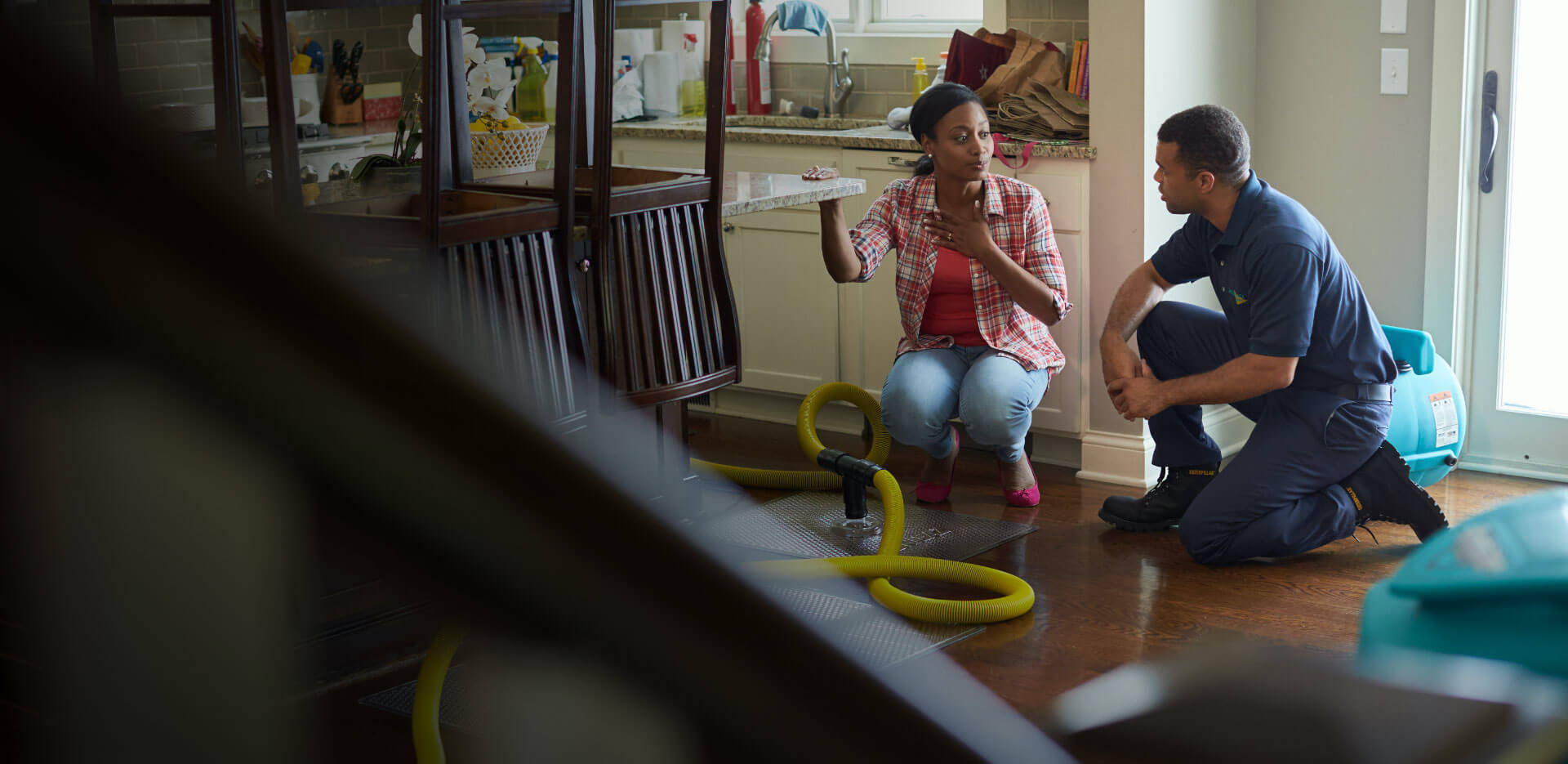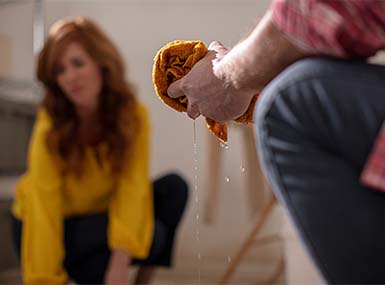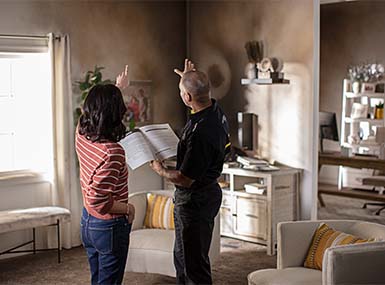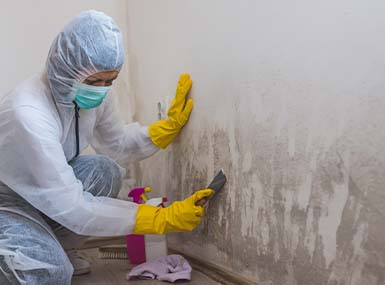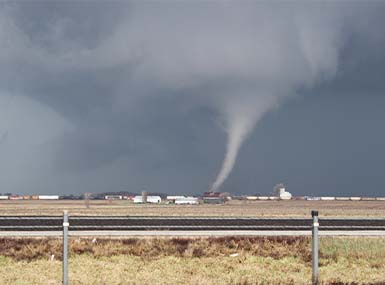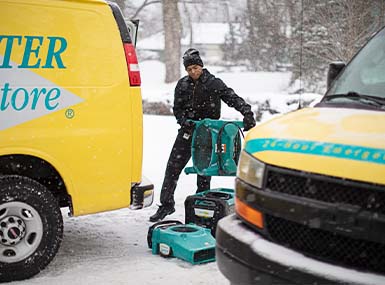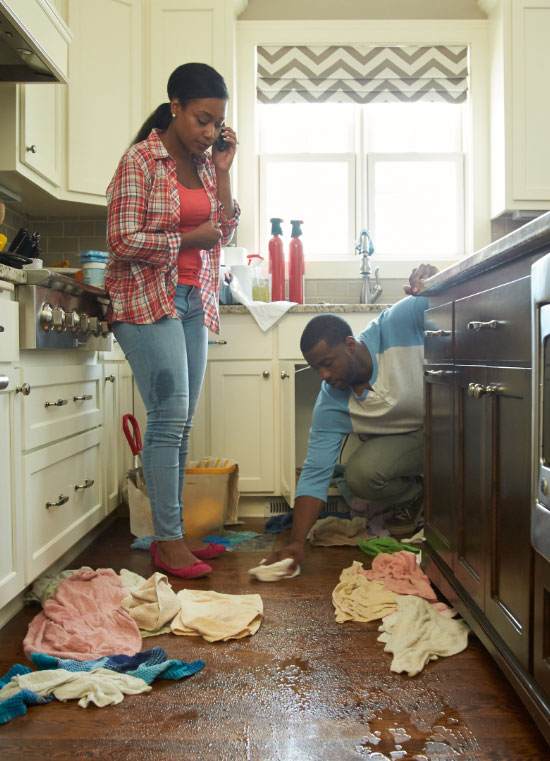Restoring Comfort to Your Home
You need more than a restoration company when disaster strikes your space, you need a team of experts who are dedicated to offering personalized, quality services that you can depend on. That's why we guarantee that our professionals are guiding, genuine, committed and accessible 24/7 for our customers. It's important to us that we not only restore your commercial space or home, but that we also help to restore your comfort and peace of mind.
ServiceMaster Restoration by Complete is locally owned and operated backed by a national brand with more than 6 decades of experience. Our team stands by our promise to offer individualized, quality services that you can depend on each time. We will work with you to identify your concerns, form a plan and execute the clean-up efficiently and quickly, leaving you to enjoy your home or workspace with confidence.

